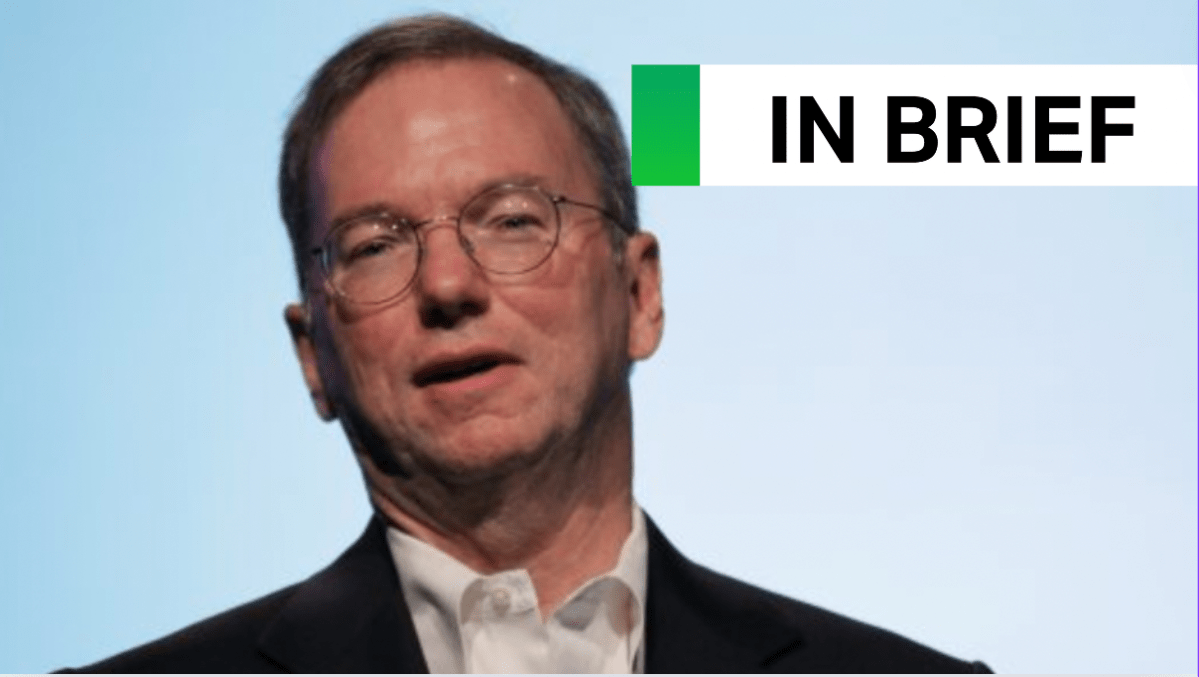Former Google CEO Eric Schmidt, who has since moved on to greener and perhaps more dangerous pastures, told an audience of Stanford students recently that “Google decided that work-life balance and going home early and working from home was more important than winning.” Evidently this hot take was not for wider consumption, as Stanford — which posted the video this week on YouTube — today made the video of the event private.



What do you mean we can’t afford either? Are you telling me that somehow all other developed countries are able to afford free or cheap higher education but somehow the US cannot? We could also slowly start to cancel current student debt. Sure, it is at $1.77 trillion right now but that does not have to be wiped away all at once. Prioritize getting rid of predatory loans, then those those with financial hardship, then go from there.
Yes, we can’t afford it, because we chose to spend all of our money on the military.
This sounds like we could afford it, we just need to take that money back from the military…
Yes, but also, America. It’s not that I don’t want these things, I just think they’re politically impossible.
We could switch to Medicare for All and save a couple hundred billion a year to do it.
Overall, not without raising taxes though. The money just doesn’t stop getting spent by people and appear in the government budget without it.
If your “taxes” go up by $7 but your health insurance costs go down by $10, why the hell would you care? There are several more dollars in your pocket. Or if you are concerned about tax amount, let’s rename current health insurance fees to taxes and we can simply market Medicare for All as a massive tax cut that increases service.
They’re deliberately being contrarian. They showed their hand earlier.
I’m aware. However, it is good exercise and may help others fight ridiculous arguments.
Where does that math come from? I can’t think of anything that got more efficient just because the government got involved.
I love the idea of Medicare For All but it should be a choice for people who want it.
The $100+ billion per year comes from an analysis of Sanders’ Medicare for All plan by the libertarian think tank Cato Institute. So basically the worst case scenario that is very unlikely.
The $7 tax vs $10 date insurance is hypothetical to make a point. But if you want a real world example, you can compare our largely private system with countries that have socialized systems. 19% of our GDP goes towards healthcare costs vs 11-12% how other developed countries. So if we had something like theirs, most people would get a 10% raise in their income.
It would not be Medicare for All nor a better deal if people could simply opt out. Republicans would simply whittle it down to being worthless otherwise.